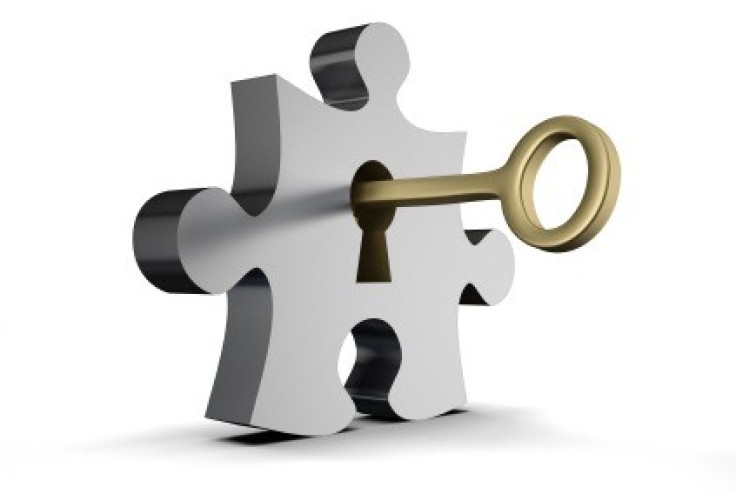Password Safety: Tips to Keep Your Password Secure

Users tend to lose more than 10,300 hours a year trying to retrieve lost passwords, creating new ones or in talking to customer care representatives, according to Business Standard. Recently, the breach of LinkedIn security caused 6.5 million encoded passwords to be stolen and published online. Creating strong passwords has been the buzz word in today's tech world. In order to protect our data it is a must to create a strong password and keep it safe.
Here are are top 5 tips to keep your password safe:
[1] Make it complex
It is better not to use your personal information while creating a password: for instance, names of family members, pets, nicknames or birth place. It is important to come up with a creative password which makes it impossible for hackers to steal. Remember, there are identity theft experts who can easily figure out your simple password. It becomes easier for them to hack if the password is associated with your personal history.
[2] Keep changing your passwords frequently
Changing your password regularly will ensure security, rather than just keeping it secret. The more you change the password, the more difficult it becomes to hack your password. Changing the password at least once a month could protect your data. "Since we'll never know, the best option is to change your password to something strong and unique; in the event you become worried of a subsequent breach, change it again," says Seth Hanford, Incident Manager, Cisco PSIRT on Cisco blog.
[3] Long passwords
Possibly, you can create a longer and complicated password. It would be easy to hack a password containing a single word. So, it is better to use a password combining more than one word. For instance, bluemountain or pebblewater or shinyrock. Try to include upper case, lower case, special characters and numbers.
[4] Use Password manager
Password manager is software that helps you in managing passwords. It contains a local database which holds the encrypted password data ensuring security. It will keep your confidential data secure.
"The best options are random, long strings (>12 characters) managed by a secure password manager," said Seth Hanford.
[5] Usage of unusual patterns
It is better to go for unusual patterns which are not easily tracked by the hacker. "Users should NOT rely on common patterns in an effort to improve password security," said Seth Hanford.
"For example, recent research has suggested that sets like possible day/month combinations (4 digits starting with "19" or "20", or combinations which can be interpreted as day/month values like 0501) are particularly weak," he adds.
© Copyright IBTimes 2024. All rights reserved.








